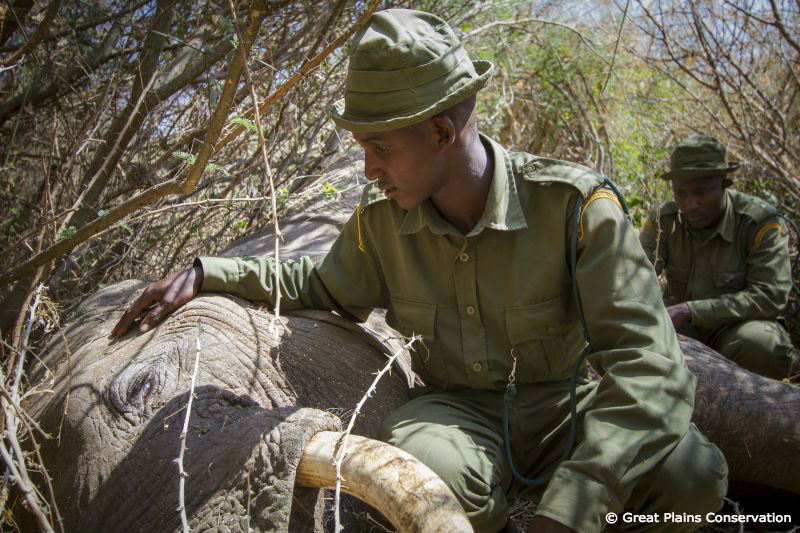Are African sunsets, champagne bush breakfasts, wide horizons, and opportunities to spot elusive wildlife on your bucket list? Designed for the intrepid traveler and the bon vivant alike, a safari is the perfect balance between luxury and adventure.
Moreover, every time you sip a sundowner, embark on a game drive, or visit a local community, you are directly contributing to a more sustainable future for Africa.
Tourism is a vital employer in rural areas of Africa. In fact, over 20 million people across the continent are employed by the tourism industry,* directly supporting the quality of your journey and the local economy. These exceptional experiences don’t only generate revenue that protects the continent’s iconic megafauna. The safari industry is also a key driver for sustainable social and economic development throughout sub-Saharan Africa.
Safaris and the local community
Local guides will make your trip. Not only are indigenous guides knowledgeable about flora and fauna, they’re also a brilliant resource for you to learn about the culture in your host destination.
By working with tour operators that hire local guides and staying in lodges that employ locals, you directly impact the regional economy. Many camps and lodges also feature locally-made goods that benefit women and their families, another invaluable way to diversify the local economy for both genders!
Become a guardian for Africa’s wildlife
Africa is famed for its unobstructed panoramic views and astonishing landscapes. The sub-continent also plays host to an array of the world’s most spectacular wildlife.
Such splendor highlights the role of conservation and its inextricable links with the travel industry.
Organizations like Honeyguide in northern Tanzania take an integrated approach to connecting people to planet by reducing human-wildlife conflicts and supporting the growth of sustainably-minded local enterprises.
Honeyguide recognizes that “economic benefits for communities are central to successful conservation models” and that catalyzing entrepreneurship in tourism-dependent regions enhances a more connected tourist experience, as well as more engaged community members that advocate for environmental protection. Monetary and educational kick-backs from safaris encourage the protection and deep appreciation for these unique and fragile ecosystems.
Progressive tourism-driven organizations like Great Plains Conservation leverage the power of safaris to enact their innovative rhino and lion protection programs and support industry-leading anti-poaching initiatives like the Big Life Foundation.
Choosing to go on safari means that you are choosing to protect key species like rhinoceros and elephant.
Every time that you support initiatives like these, you invest in a brighter future for Africa’s wildlife and pristine natural spaces. Going on safari means that you can tick a once-in-a-lifetime opportunity off your bucket list and feel good doing it.
*Source: www.afdb.org



